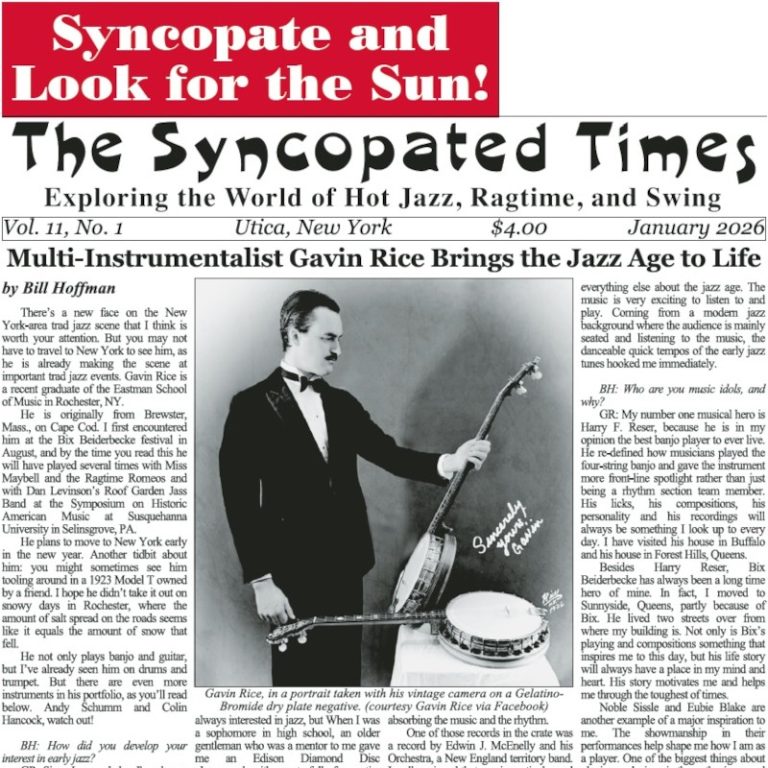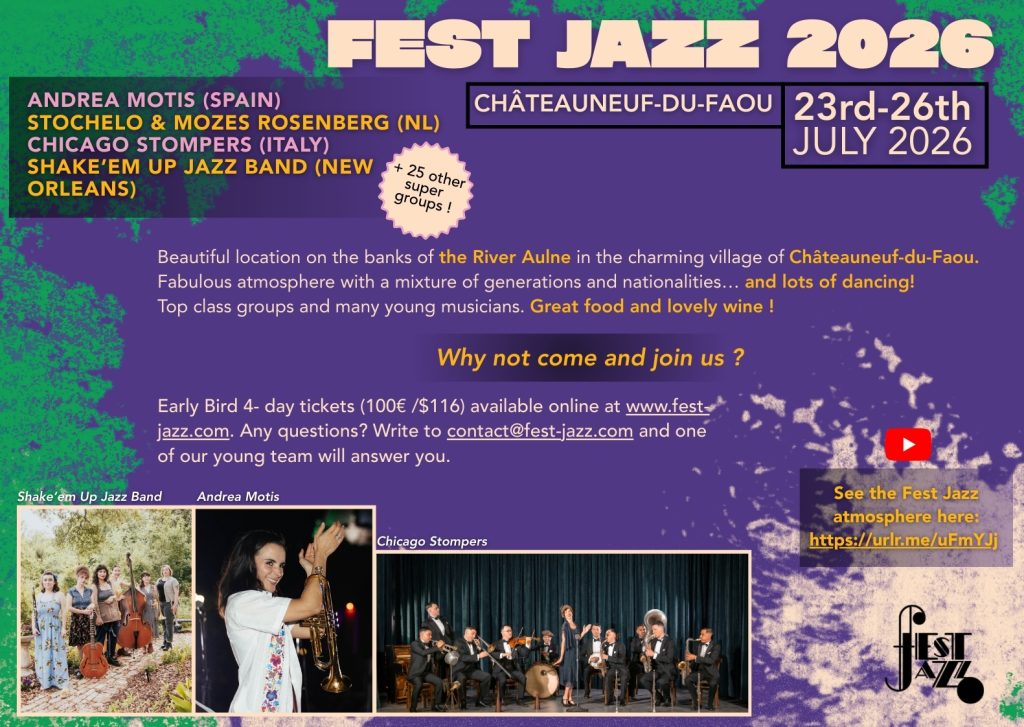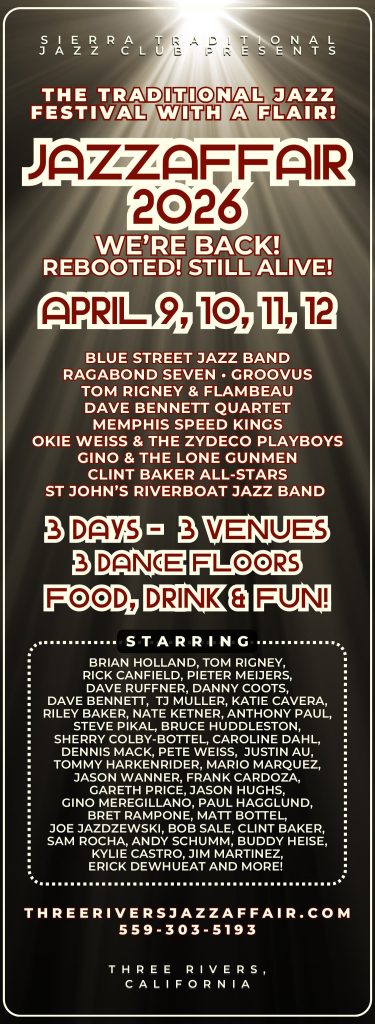Gary Smart is 77 years young, and a musician who can do almost anything. He can compose “modern” ragtime; do improvisations that sound like Karlheinz Stockhausen; improvise a Beatles tune in the style of Bill Evans; and compose a string quartet that sounds like an improvisation. He grew up in Illinois; studied in Canada, the U.S.A., and Europe; and has taught music at the University of Wyoming and the University of North Florida.
Matthew de Lacey Davidson: What was your first ragtime experience?
Gary Smart: When…ten years old, my…family [took]…a vacation to New Orleans. I heard a…concert at Preservation Hall and…[bought]…some printed…traditional jazz tunes…and…ragtime pieces, including the Maple Leaf Rag. I became an enthusiast…[and]…My father was a fan and encouraged my interest.
Tell me about Oscar Peterson.
I was 19 when I went…to Toronto to study with [him]…I learned…by listening, observing, asking questions. [He]…was a force of nature, a commanding musician…an inspiration…but he wasn’t intimately involved in piano lessons. [His]…bassist, Ray Brown, was…a wonderful musician…[who]…showed me… voicings…progressions, traditions.
Please describe Jorge Bolet, a Rachmaninoff specialist. Your articulation and range of dynamics probably owes much to classical study.
Bolet and…Peterson were alike in some ways. Both had overwhelming
You've read three articles this month! That makes you one of a rare breed, the true jazz fan!
The Syncopated Times is a monthly publication covering traditional jazz, ragtime and swing. We have the best historic content anywhere, and are the only American publication covering artists and bands currently playing Hot Jazz, Vintage Swing, or Ragtime. Our writers are legends themselves, paid to bring you the best coverage possible. Advertising will never be enough to keep these stories coming, we need your SUBSCRIPTION. Get unlimited access for $30 a year or $50 for two.
Not ready to pay for jazz yet? Register a Free Account for two weeks of unlimited access without nags or pop ups.
Already Registered? Log In
If you shouldn't be seeing this because you already logged in try refreshing the page.




